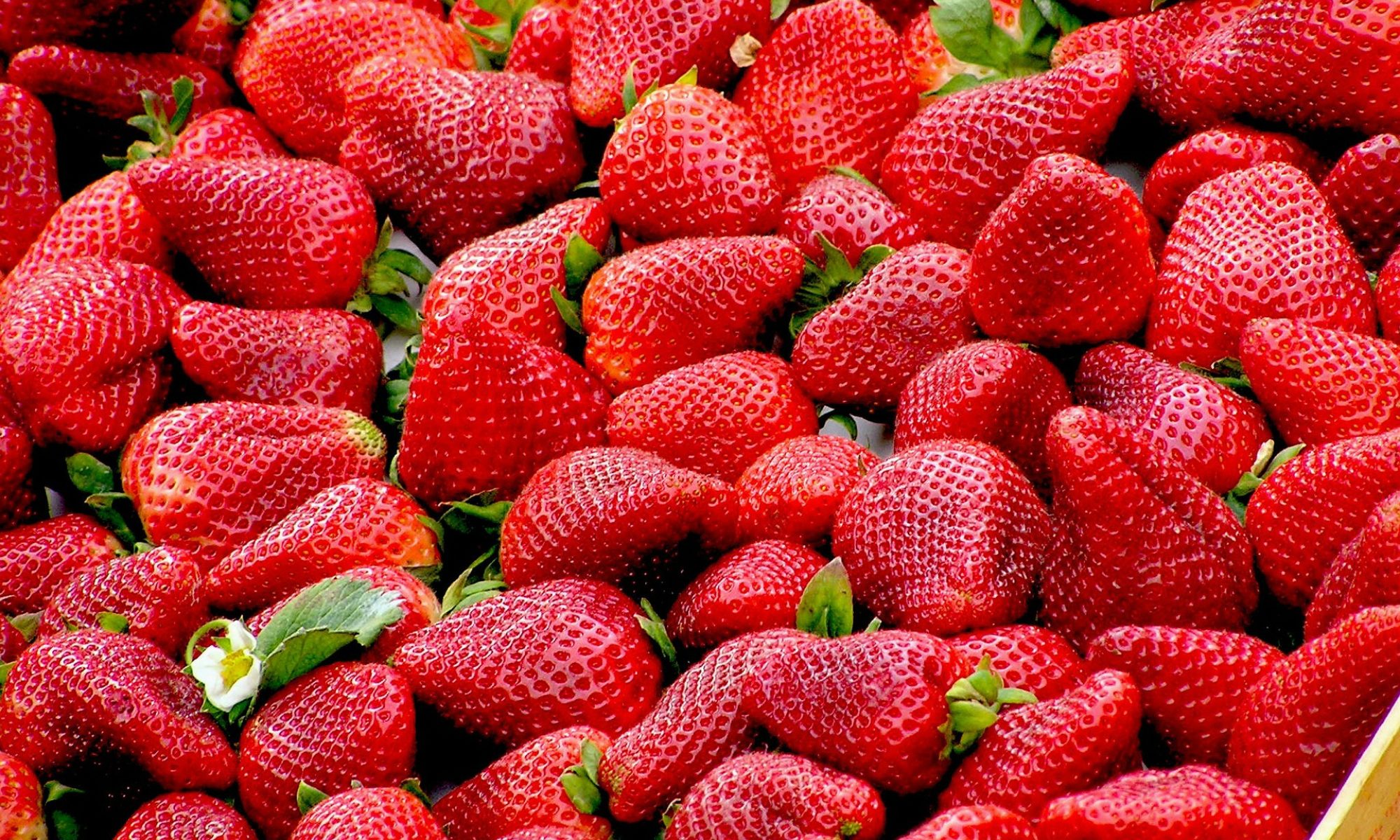Nutrition & Health > Sugar substitute use > Soft drinks and obesity
The prevalence of obesity in United States has doubled during the period 1980 to 2005. During the same period soft drink consumption also has doubled.
Many studies both in adults and children have confirmed that drinking of sugar-sweetened soft drinks had increased the body weight and BMI (body mass index).
In one study on 50,000 female nurses conducted for 8 years a gain of 8 kg in weight was recorded in women who had more than one soft drinks a day.

This person had a BMI of 53 kg/m2 ; weight 182 kg (400 lb); height 185 cm (6 ft 1 in).
In another experiment two batches of school children were given sugar-sweetened drinks or sugar substitute added drinks. In children taking sugar-sweetened soft drinks weight gain and obesity were recorded.
In another experiment soft drinks giving 450 calorie/day were given to one group and jelly beans with nutritional value of 450 calorie/day were given to another group.
The beverage group gained weight whereas the jelly bean group did not gain weight. So it was inferred that jelly beans lowered the calorie intake in subsequent meals by providing satiety.
However these drinks did not provide any satiation and the subsequently higher calorie meals were taken by the subjects leading to their weight gain and obesity.
Frequent consumption of sugar-sweetened soft drinks can lead to obesity related diseases like diabetes, cardiovascular diseases, high blood pressure and metabolic syndromes.
Popular topics in Nutrition, Health & Wellness:
Dental sensitivity – What causes sensitive teeth?
Newborns usually do not shed tears while crying
Pneumonia in children and infants
Coping with dry skin in winter
Pregnancy-related pelvic girdle pain
Image source: https://en.wikipedia.org/wiki/File:Obesity6.JPG
Image author: FatM1ke
Image license: Public domain
Current topic in Nutrition, Health & Wellness: Soft drink caused obesity.
